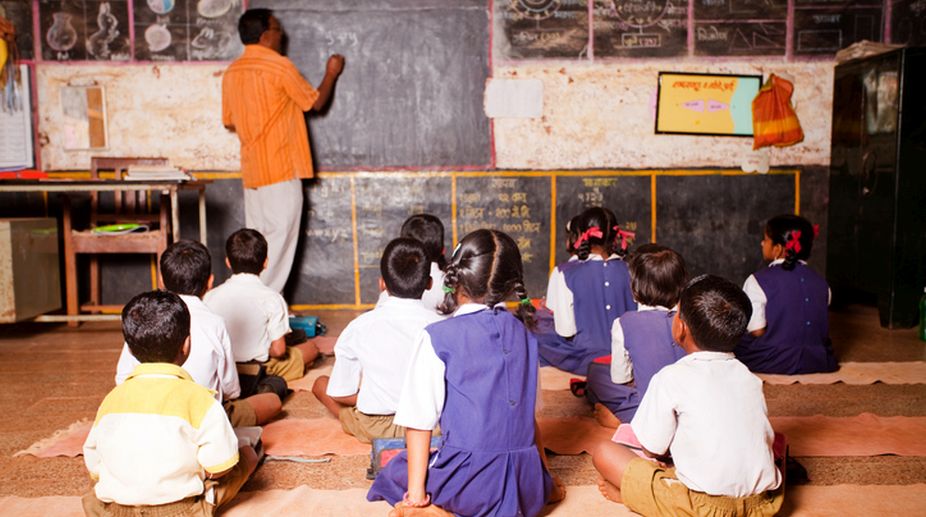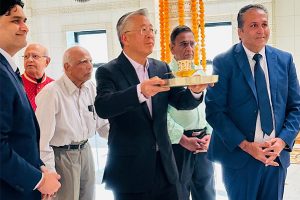Teachers’ Day (5 September) has seldom been so reassuring both for the teacher and the taught as it has been this year in West Bengal. A refreshing change after the tragedy a couple of years ago when a student died in the washroom of a girls’ school in Kolkata’s Dum Dum area, to which she had been confined for not contributing to the school’s Teachers’ Day fund. Last Tuesday, the West Bengal Chief Minister unveiled a welter of schemes, some pertaining to the search of learning and others to the social sector. More than 30 years after English was abolished from the primary level by the CPI-M government and close to 15 years after it was restored by the party (2003), Mamata Banerjee has been explicit on the three-language formula, asserting that English “will be taught in every school”. Considering that a “generation had suffered”, she has signalled the government’s intent to accord equal importance to the teaching of Bengali and English. This is how it should be, and there was no call for the Left to draw a fine distinction between English and the mother tongue. The argument that was advanced in the 1980s that the study of two languages would “overburden the child” holds no water. It has eventually been accepted that learning a language is “one’s prerogative” and the Chief Minister has, in a sense, deferred to the demand of the Gorkhas in Darjeeling with the assurance that students can feel free to learn Nepali and Alchiki ~ a bow in the direction of the almost permanently aggrieved Adivasis of the Junglemahal belt.
Not wholly unrelated is the imperative to train teachers, indeed to ensure that they are equipped with the skill to teach English. Hopefully, this will bridge the gap between intent and execution in a state that fares poorly in primary teaching levels. Hence the decision to tie up with the British Council in the conduct of teachers’ training programmes. Less easily explained is the decision to set up “English medium wings” in state-run schools. The proposal, mooted by education minister Partha Chatterjee, doesn’t readily inspire confidence given the inadequate infrastructure. Just as the move to drastically reduce, if not abolish, the annual development fee of Rs 240 in government schools can be counter-productive without a matching increase in public spending on school education. It would be pertinent to underline that some of the government schools, pre-eminently Hindu, Hare, Ballygunge Government and Bethune (for girls) are among the finest in the city. The move to bring all school teachers under the state government’s health insurance scheme will be generally welcomed as a social sector initiative, but the number of proposed beneficiaries remains indeterminate. Sad to reflect , the specifics are as fogbound as the non-budgetary hike ~ from Rs 300 a month to Rs 1.5 lakh a year in private hospitals.











